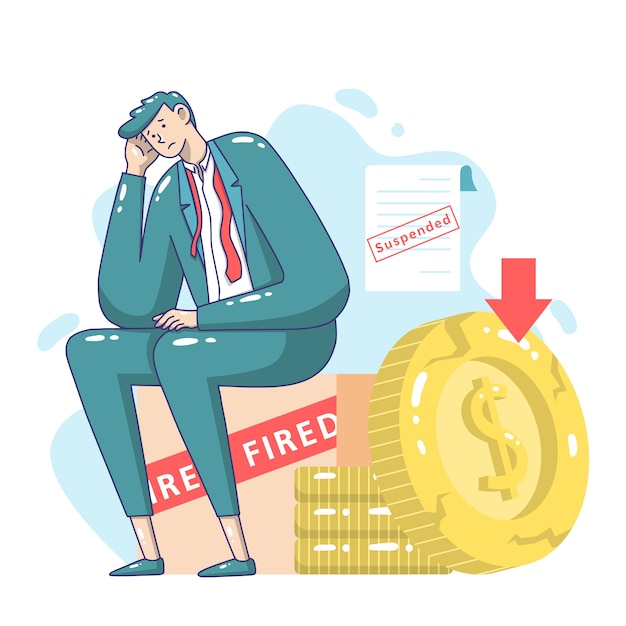
Filing for bankruptcy might ease some of your financial troubles, but it’s not a one-time fix. The real effort begins after your debts are cleared because you don’t want to keep filing for bankruptcy repeatedly. Many don’t fully understand how bankruptcy works, but knowing the process can help save your finances. If you’re not dealing with debts like student loans or taxes, you might get a zero balance, but the relief is temporary if your financial woes persist.
Before filing for bankruptcy, you need to consult an approved credit counseling agency to explore other ways to tackle your debts. This can be done online, by phone, or in person. The counseling costs around $50, though this fee might be waived if you can’t afford it. During this session, the agency assesses your financial situation and tries to create a repayment plan. You need to complete this step to show you’ve considered alternatives. Once completed, you get a certificate as proof.
Be aware that if the credit counseling agency finds a viable repayment method, the court may require you to file Chapter 13 bankruptcy. This involves agreeing to a repayment plan, but you can negotiate with the court about which debts must be paid. Ultimately, the court decides your financial responsibilities.
After filing and getting your debts discharged, you still need to attend an educational session by an approved debtor education provider. This is mandatory for filing Chapter 7 bankruptcy, and you can’t skip it, even if it seems unnecessary. While some people find financial planning tips unhelpful, this education can be beneficial but won’t alone solve financial woes if your expenses still outstrip your income. It provides useful tools for managing money, but it’s up to you to use them effectively.
To make the most of your fresh start, you need a financial plan that includes budgeting your income and expenses. If your expenses exceed your income, you either need to cut costs or increase your income. A good financial plan should also include saving goals, like building an emergency fund and saving for retirement. It’s essential to keep some financial flexibility for unexpected expenses to avoid going back into debt.
Discipline is key to making bankruptcy, financial education, and budgeting work. Evaluate all purchases as “wants” or “needs,” and limit “wants” to what you can afford without compromising other budget areas. This might mean sacrificing things like social outings, premium services, or shopping sprees. Changing spending habits is crucial for long-term financial health, similar to adopting a healthier lifestyle.
Bankruptcy addresses existing debt but is a short-term solution unless you change your spending habits. Some people, including celebrities, repeatedly file for bankruptcy due to poor financial management. If you want lasting success, understand that filing for bankruptcy is just the beginning. The crucial steps involve maintaining financial discipline to avoid overwhelming debt in the future.
